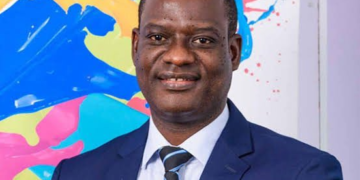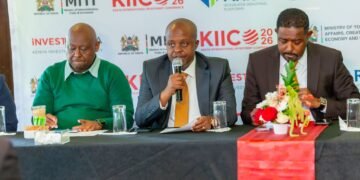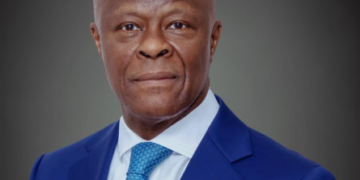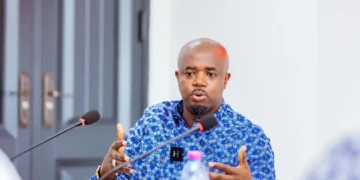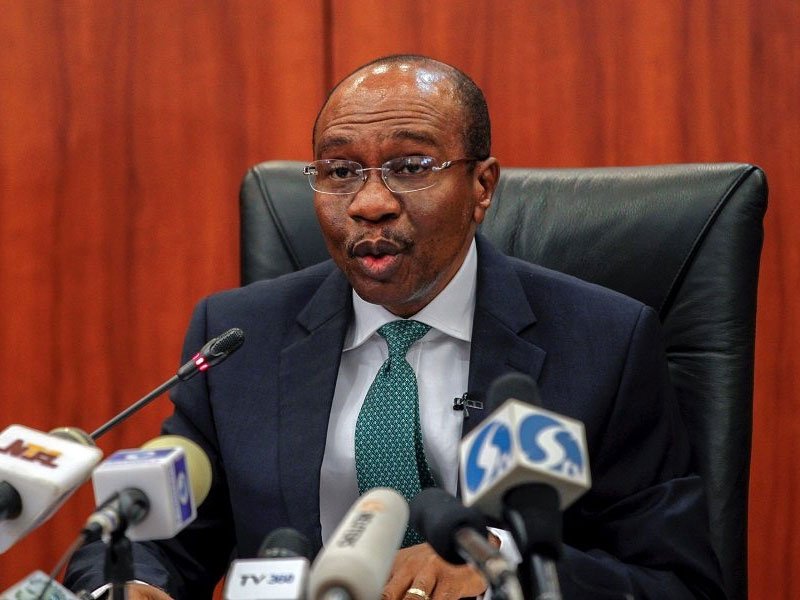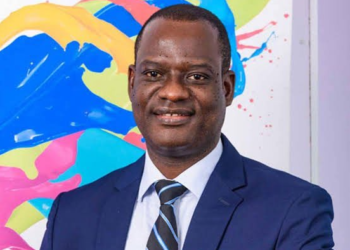The federal government has made a public notice to announce it setting up committee in the coming weeks to review the revenue sharing formula for federal, states and local governments due to the current economic realities.
Speaking on the new development, Chairman, Revenue Mobilisation Allocation and Fiscal Commission (RMAFC), Mr Elias Mbam, disclosed this to newsmen in Abuja recently, shortly after he received an Award of Excellence from the Nigeria Civil Service Union.
He said that with the new sharing formula, states and local governments are expected to get more money as the plan is to expand and increase the scope of revenue collection.
According to the current revenue allocation formula, the federal government gets 52.68 per cent, state, 26.72 per cent and local government 20.60 per cent.
Also, 13 per cent of oil and gas federally collected revenue is returned to the oil producing states as derivation revenue to compensate for ecological disasters arising from oil production.
The formula was designed during former President Olusegun Obasanjo’s administration.
However, the RMAFC in 2013 saw the need to review the formula for balanced development of the country, hence it embarked on a nationwide consultation and met with notable figures on the issue.
In December 2014, the commission came out with a proposed new revenue formula but for some reasons, it never saw the light of day.
Five years on, the RMAFC chairman said the commission plans to constitute a standing committee by next week to review the revenue sharing formula.
In addition, Mbam said the commission would also push for the diversification of the nation’s revenue for a more sustainable growth and economic development.
“My agenda is to expand the sources of revenue for the federation. I will like to expand the cake that we are sharing so that people will get reasonable quantity, he explains.
“I intend to do this through diversification in areas outside oil and gas, and that includes solid minerals, agriculture and manufacturing.
In regards to this, we will encourage states and let them know what is available outside oil and gas so they can develop those aspects of the economy to their own benefit,’’ he stated.



